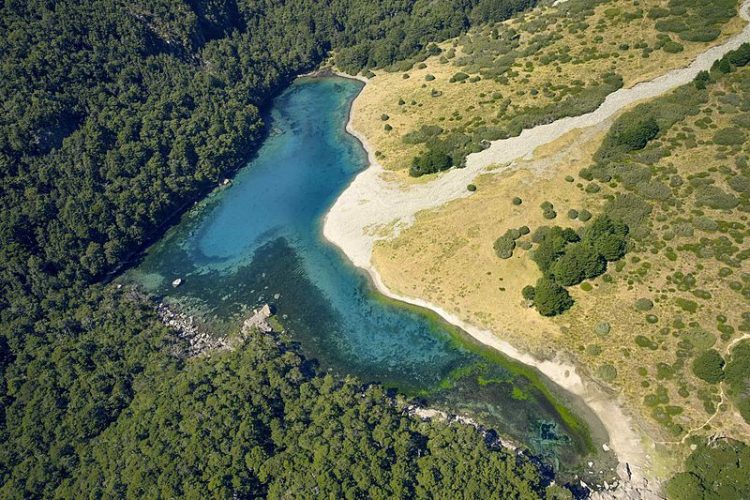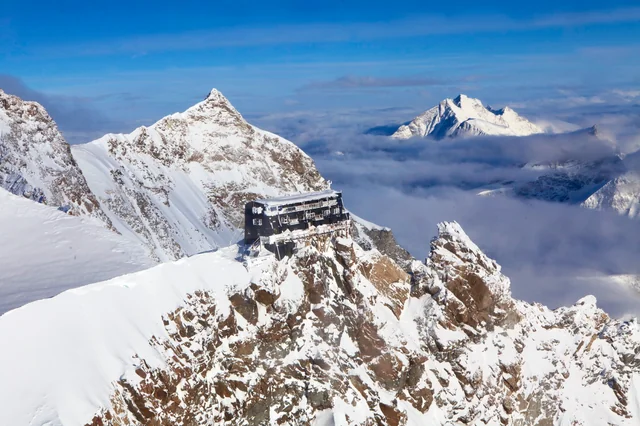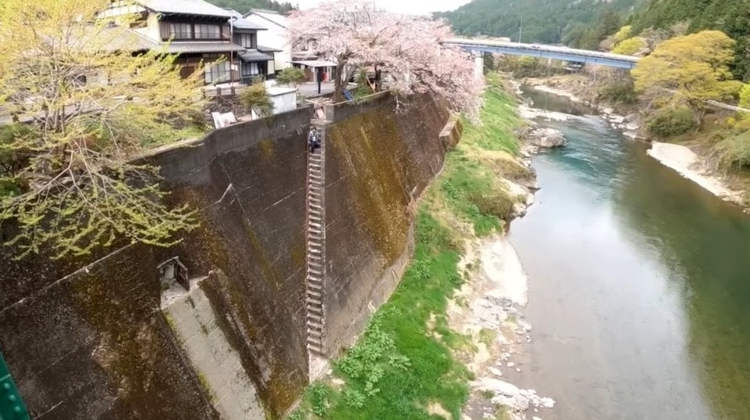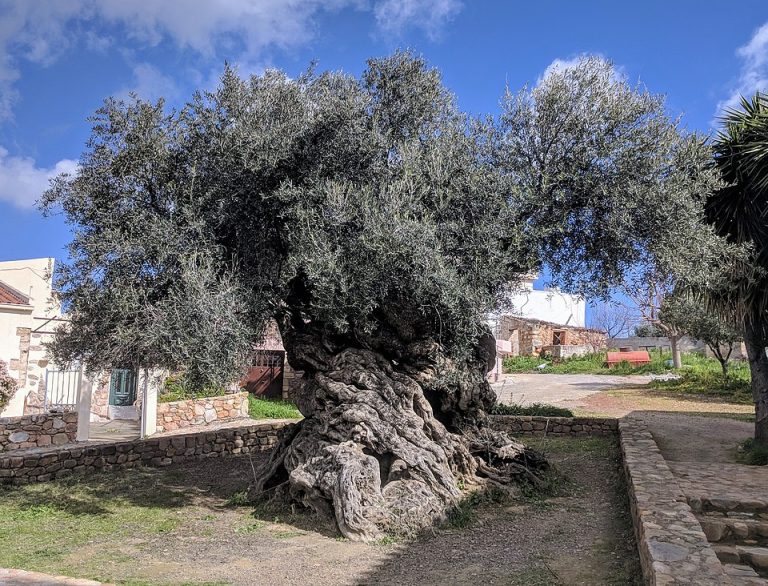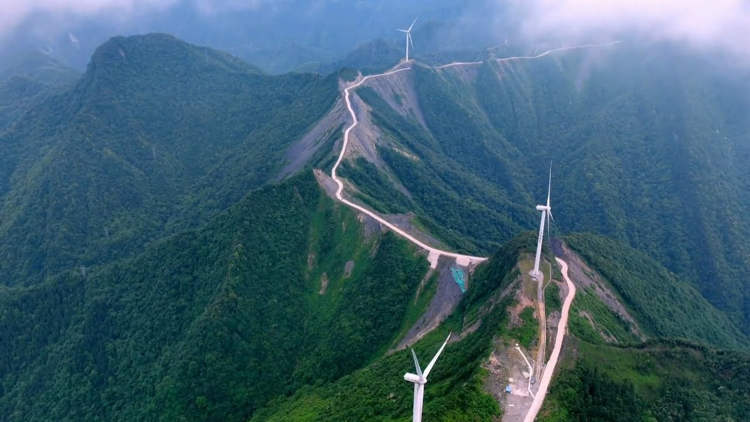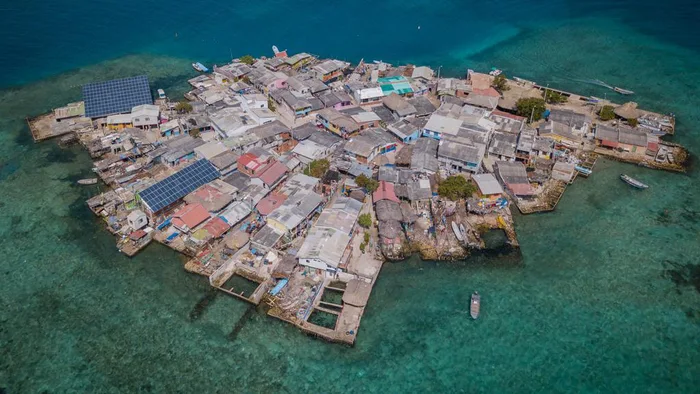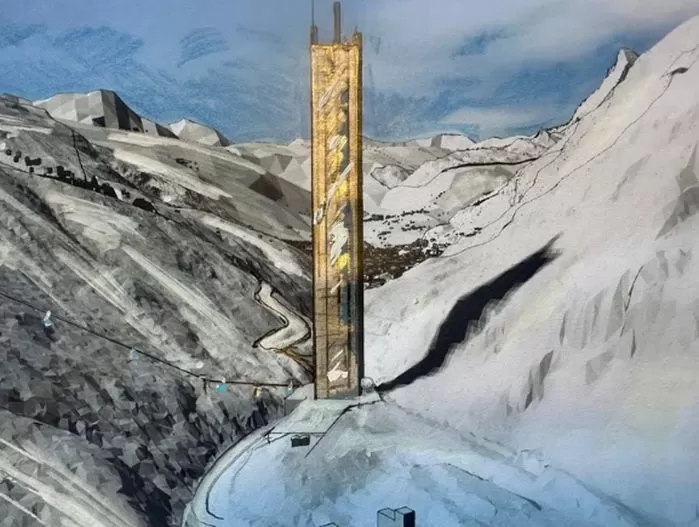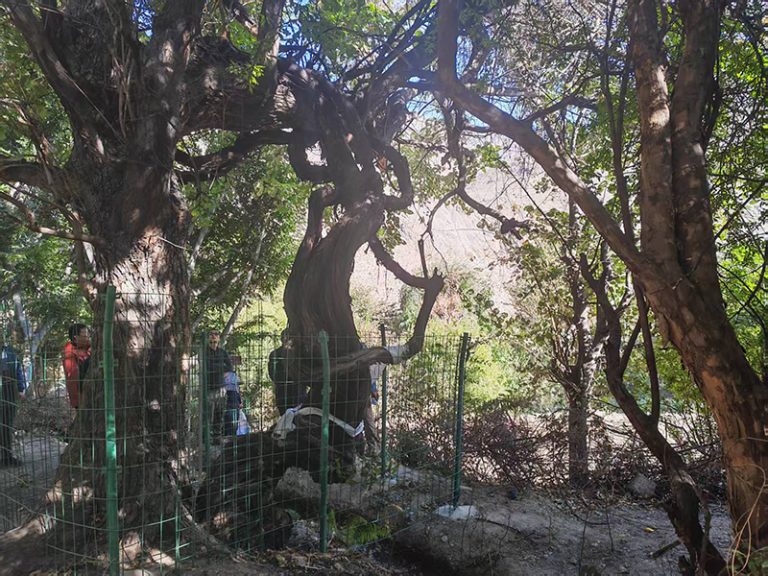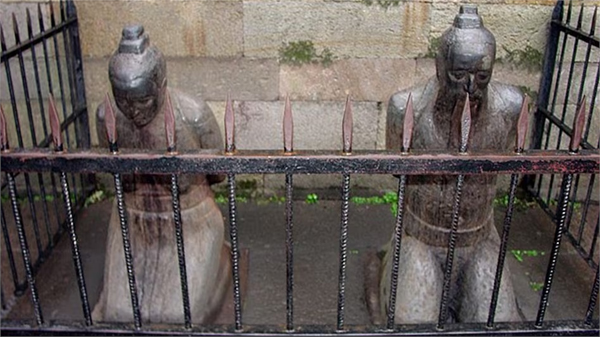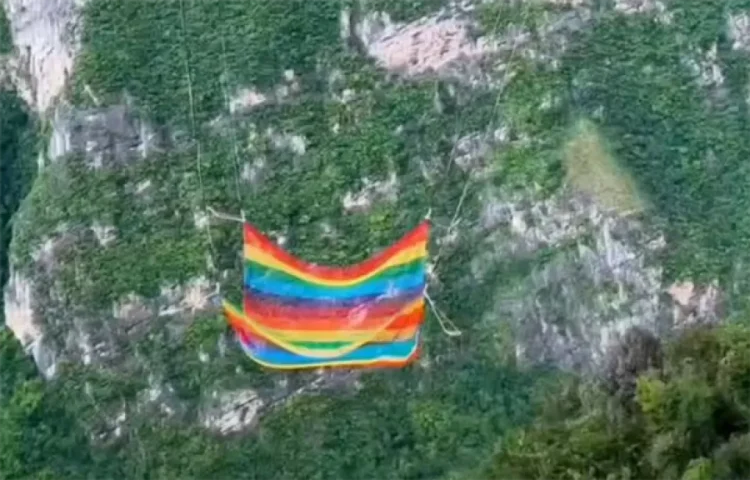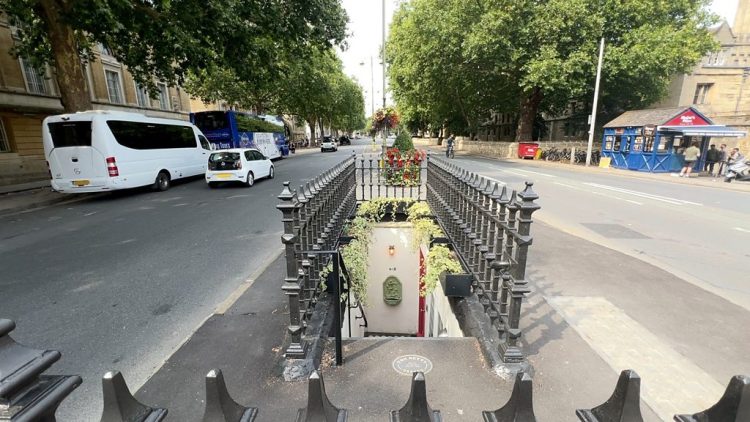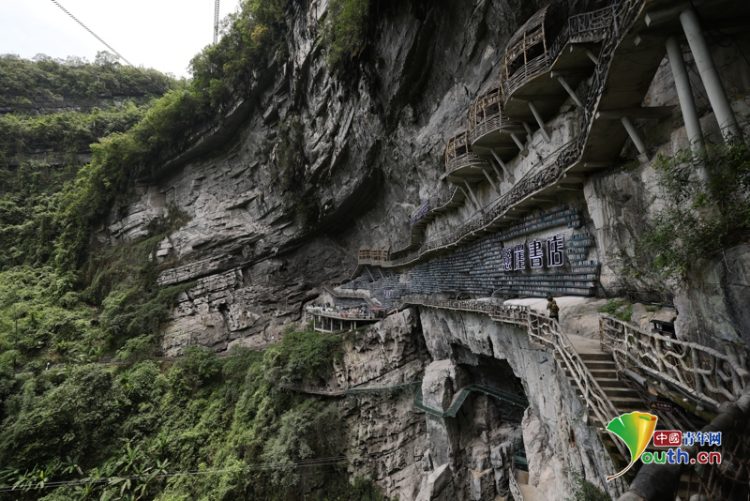Rotomairewhenua, also known as the Blue Lake of New Zealand’s Nelson Lakes National Park, is officially recognized as the clearest body of fresh water in the world.
Blue Lake is spring fed by the neighboring glacial Lake Constance, and the water passes through a natural debris damn formed a long time ago by a landslide. This debris acts as a natural filter that retains most of the particles suspended in the glacial water, making Blue Lake almost as clear as distilled water. New Zealand’s National Institute of Water and Atmospheric Research (NIWA) carried out scientific tests of the water and determined it to be the clearest natural body of fresh water known to man.
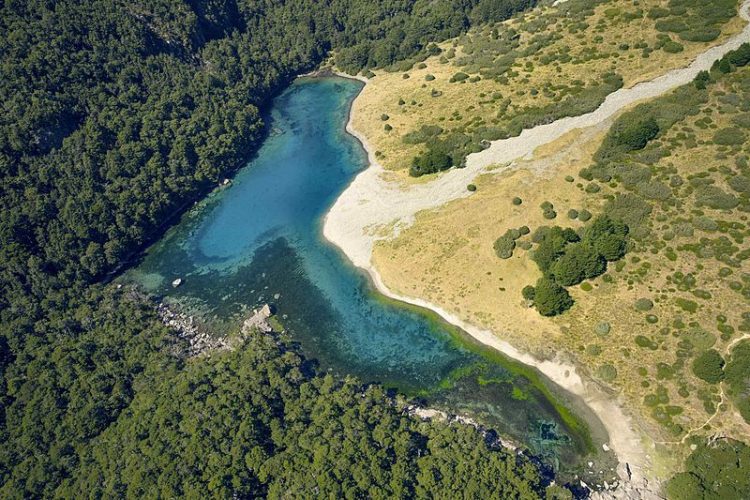
Photo: Squashem/Wikimedia Commons
NIWA hydrologist Rob Merrilees was the first to recognize the optically outstanding characteristics of Blue Lake, comparing it to the country’s famously clear Te Waikoropupu fresh water springs. It was only after a 2009 visit to Blue Lake that he realized Blue Lake could be even clearer than Te Waikoropupu, and two years later, NIWA testing confirmed that to be true.
“We suspended a one meter diameter black disc under a buoy and anchored that to the shore. Then we paddled away while viewing the disc. The distance at which it disappears completely gives the visibility,” NIWA’s Mark Gall explained.
Research has shown that visibility in Blue Lake is between 70 – 80 meters (260 feet), which makes it almost as optically clear as distilled water.
“The theoretical visibility in distilled water is about 80 meters, as estimated from the best available instrumental measurements in the laboratory,” Dr Davies-Colley said. “So Blue Lake is a close approach to optically pure water”.
Luckily, it is considered sacred by the local Māori tribe, and no one is allowed to enter, let alone bathe in its waters, with one notable exception…
In early 2013, Danish photo-journalist and environmentalist Klaus Thymann was granted special permission by the Māori, NIWA and New Zealand’s Department of Conservation to enter Blue Lake and capture its astonishing clarity on camera, for conservation purposes. The photos he took are simply breathtaking.

